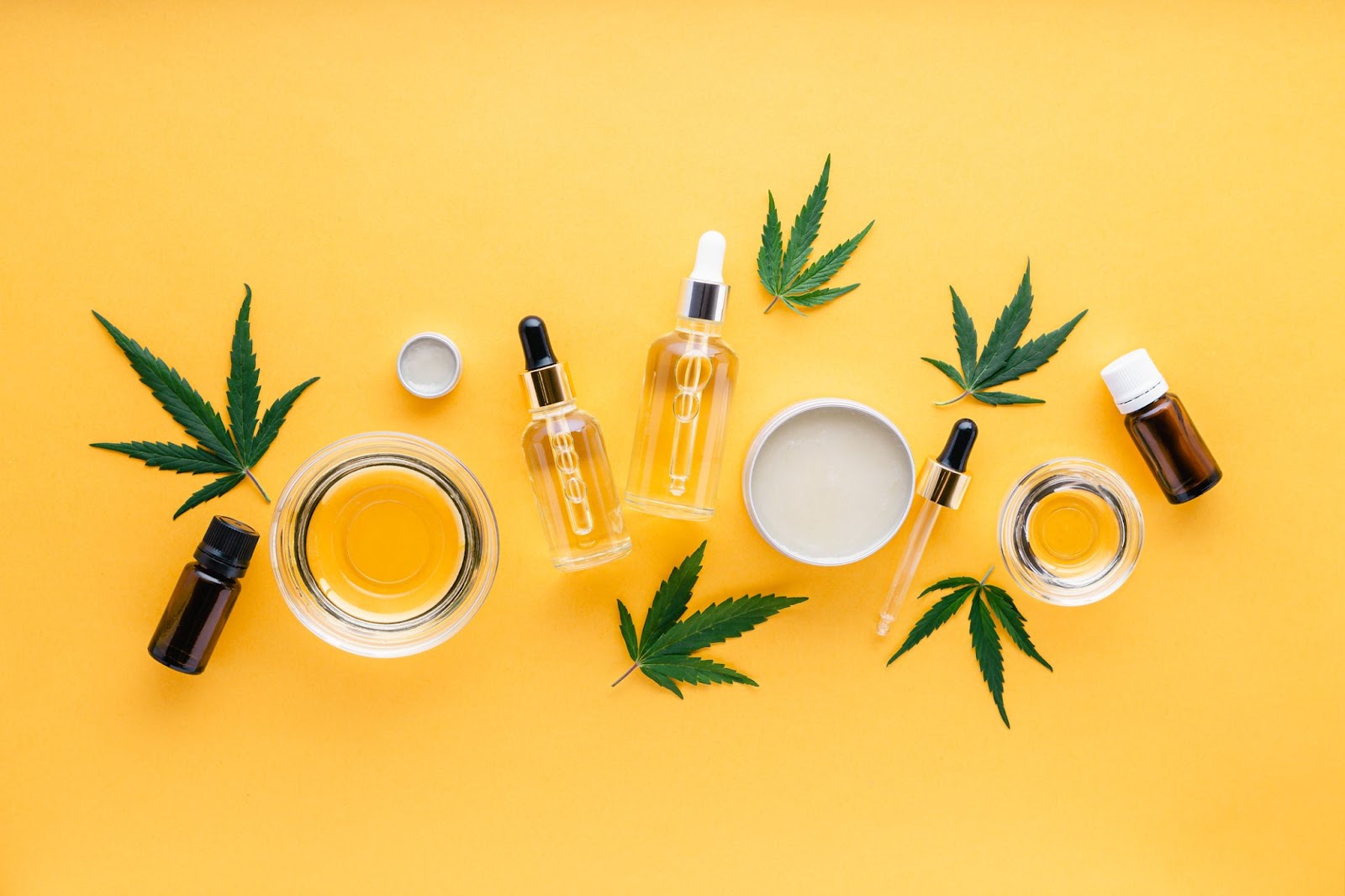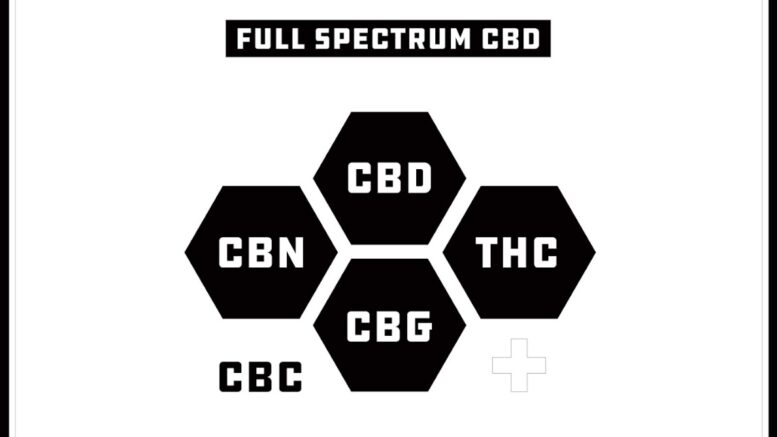A few years ago, choosing a CBD product was a relatively straightforward process. You would check the labels for ingredients, visit the manufacturer’s website for additional information, and perhaps seek recommendations from friends or family. However, with the explosive growth in the CBD industry and the ever-increasing variety of products flooding the market, making an informed choice has become more challenging than ever before.
And while the expansion and innovation is good news for consumers, it has outpaced regulatory efforts, leaving consumers to navigate a landscape where quality and safety standards can vary significantly. With the many options available, how can you trust that the CBD product you’re considering is of the highest quality and meets your needs?
There’s only one way: third-party lab testing! So, what is it, and how does it work?
What is Third-Party Testing?
Third-party lab testing involves running a series of tests on CBD products to analyze their composition, quality, safety, and potency. These tests are conducted by accredited independent testing facilities, like the CBD lab testing by ACS Laboratory, hence the term “third-party.”
The purpose of third-party lab testing is to provide an objective assessment of CBD products, verifying their contents and ensuring they meet regulatory standards.
Once the testing is complete, the independent lab generates a Certificate of Analysis (COA) for each batch, outlining the findings of the lab tests.
How to Evaluate CBD Lab Reports
Tests and Results
To make an informed decision about a CBD product, it’s important to first understand the different types of tests and how to interpret the results.
Cannabinoid Profile:
The cannabinoid profile test reveals the composition of cannabinoids present in the CBD product, including CBD, THC, and other cannabinoids.
Understanding the potency and concentration of CBD is necessary for determining its effectiveness and ensuring it meets your specific needs. It’s also necessary to verify that the THC content falls within legal limits to avoid any legal implications or unwanted psychoactive effects.

Terpene Analysis:
Terpenes are aromatic compounds that are responsible for the distinct flavors and aromas in hemp plants. They also interact with cannabinoids to create what is known as the “entourage effect.”
Evaluating the terpene profile in lab reports allows you to identify specific terpenes present in the product and their potential benefits. For instance, Pinene is said to have anti-inflammatory properties, while Linalool is known for its calming and relaxing properties.
Contaminant Testing:
Contaminant testing helps ensure that CBD products are free from harmful substances. This includes screening for pesticides, heavy metals, residual solvents, and microbial contaminants. Lab reports should indicate that the product meets safety standards and does not contain any harmful substances above acceptable limits. You can check these type of products in Purity Hemp.
Accreditation:
When evaluating third-party lab reports, it’s important to consider the accreditation and certifications held by the testing facility. These credentials serve as indicators of the lab’s competence, adherence to industry standards, and commitment to quality testing practices.:
Look for labs that have obtained accreditation from reputable organizations such as the International Organization for Standardization (ISO). This ensures that the lab meets stringent criteria and operates in accordance with globally accepted practices.
In addition to accreditation, specific certifications related to the CBD industry can further validate the reliability of a third-party lab. Look for certifications such as Good Manufacturing Practices (GMP) or Current Good Laboratory Practice (cGLP). These certifications indicate that the lab follows strict protocols and quality control measures to ensure accurate testing procedures.
Transparency and Legitimacy
Reputable CBD companies should provide easy access to lab reports on their websites or upon request. The lab reports should include specific batch or lot numbers, allowing you to match the report with the corresponding product.
Additional Considerations
While third-party tested products are the most ideal for ensuring the quality and safety of CBD products, there are other factors to consider when making your final selection. These include:
Full-Spectrum vs. Broad-Spectrum vs. CBD Isolate:
When choosing a CBD product, it’s important to understand the distinctions between full-spectrum, broad-spectrum, and CBD isolate extracts and their potential effects
- Full-Spectrum CBD: contains different cannabinoids, including THC, and other compounds such as terpenes.
- Broad-Spectrum CBD: also contains multiple cannabinoids and beneficial compounds, similar to full-spectrum CBD. However, it undergoes additional processing to remove all detectable traces of THC. This is suitable for individuals who want to avoid THC altogether or have concerns about drug testing.
- CBD Isolate: This is the purest form of CBD, consisting solely of isolated CBD molecules without any other cannabinoids, terpenes, or flavonoids. This extract undergoes extensive refinement processes to eliminate all other compounds, resulting in a product with 99% pure CBD.
Organic and Sustainable Farming Practices:
Organic farming practices prioritize the use of natural fertilizers and avoid the use of synthetic pesticides and herbicides. Look for CBD products derived from organically grown hemp, as they minimize exposure to potentially harmful substances.
Extraction Methods
The methods used to extract CBD from the hemp plant can affect the overall quality of the final product.
One widely recognized and preferred extraction method is CO2 extraction, often referred to as the gold standard. CO2 extraction involves using carbon dioxide under specific temperature and pressure conditions to extract CBD and other beneficial compounds from the hemp plant. This method is highly efficient and allows for precise control over the extraction process.
On the other hand, some CBD products may be extracted using solvent-based methods, such as ethanol or butane extraction. While these methods can be effective, there is a higher risk of residues or impurities remaining in the final product.
To ensure the highest quality and purity, it is, therefore, advisable to choose CBD products that are CO2-extracted.
Customer Reviews and Reputation:
One valuable resource for assessing the quality and effectiveness of CBD products is customer reviews. Read feedback and testimonials from other users to gain insights into their experiences with a particular product or brand. Also, pay attention to the overall reputation of the CBD company, including their transparency, customer service, and commitment to quality.
Conclusion
Selecting a high-quality CBD product is important for ensuring its effectiveness, safety, and meeting your specific needs. Third-party lab testing plays a vital role in this process, providing independent verification of a product’s composition, potency, and purity. However, that’s not all there is to consider when choosing the right CBD product for you.
In addition to third-party lab testing, you should consider factors such as the type of CBD extract, origin in terms of farming practices, and extraction methods. Reviews and recommendations will also be a great place to gain valuable insights into the product’s quality
